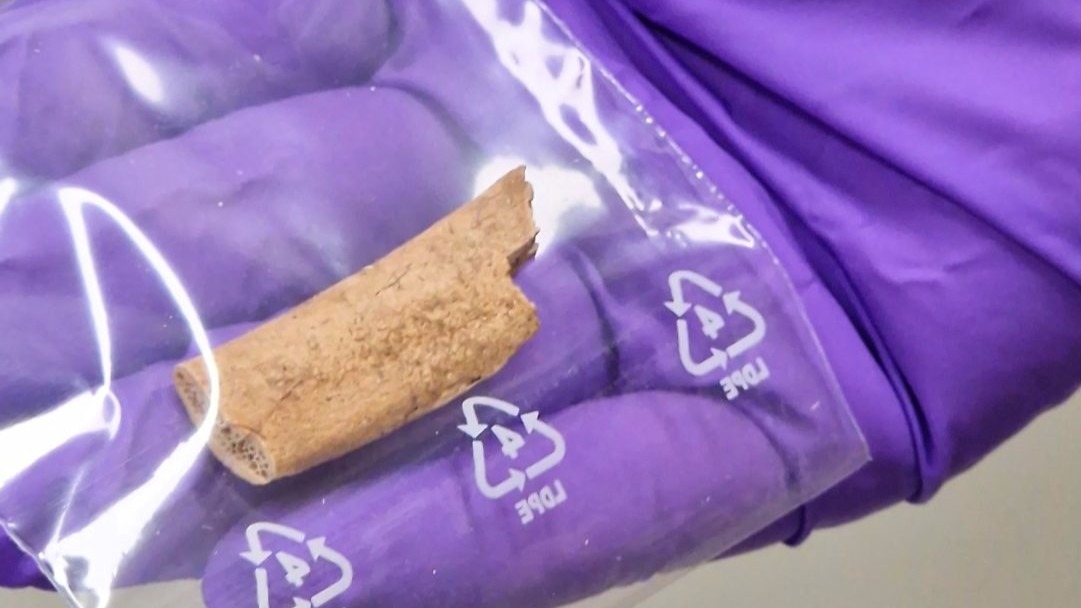“I could not have imagined that I would become a professor at Uppsala University when I came here 14 years ago as a young postdoc. It’s incredible fun. (…) it’s great to work on something that you feel passionate about.”

Carina Schlebusch is one of the Center’s for the Human Past leaders. She’s a population geneticist with particular interest in human history and Africa, partly because Carina is from Africa. In addition, African populations have the greatest genetic variation in the human family tree.
“What also interests me is the population expansions that have occurred over the last 2-12,000 years on all continents of the world. As the climate warmed, people adopted new lifestyles, started farming and developed new technologies. I want to understand the driving forces behind the groups that replaced or absorbed other populations (…). What were the interactions between local and migrant groups? And what effects did migration have on population history?”
Carina’s inaugural talk “Mapping Human History through African Genetics” takes place in Lecture Hall IX of the Uppsala University Main Building on 13th Nov at 11:00 (open to attend).



